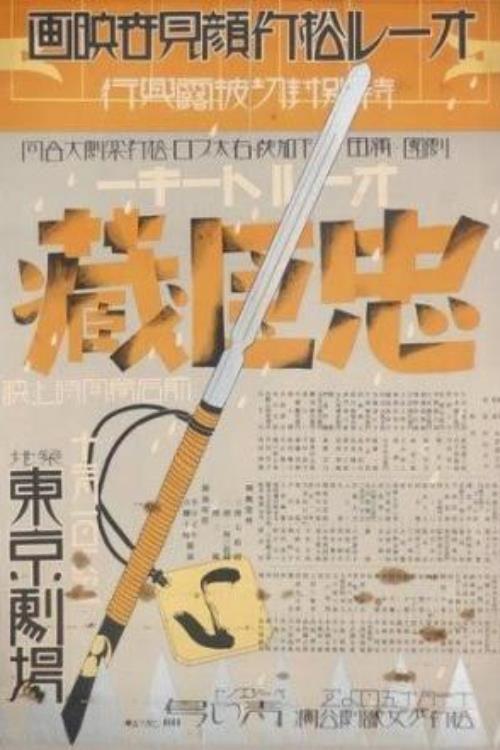
139 mins | Drama | March 1, 1932
139 mins | Drama | March 1, 1932

| Producers | Shochiku Kinema (Kamata) |
| Original title | 忠臣蔵 |
| Directors | Teinosuke Kinugasa |
| Writers | Teinosuke Kinugasa |

as Kuranosuke Ôishi

as Asano Takuminokami and Yoshida Sawaemon (as Chôjirô Hayashi)

as Awajinokami Wakisaka / Gorobei Kakimi

as Shinzaemon Katsuta
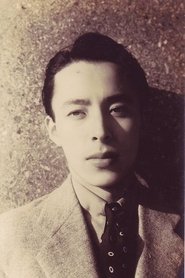
as Sezaemon Oishi
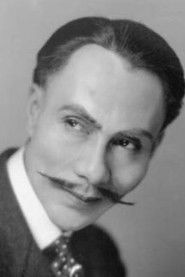
as Kozukenosuke Kira

as Yanagisawa
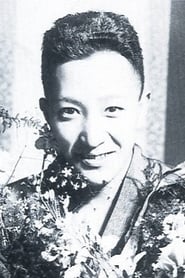
as Kurobee Ōno

as Hyobu

as Сhikara Ôishi

as Heihachiro Kobayashi

as Yahee Horibe
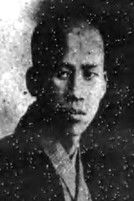
as Gon'uemon Ōkubo

as Miyauchi Saito
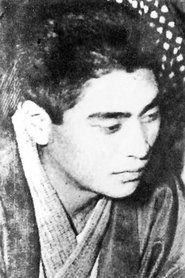
as Chotaro Kasahara

as Tsunanori Uesugi

as Kato
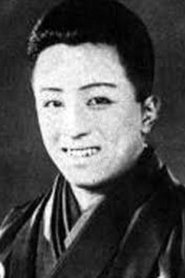
as Emoshichi Yatou

as Koyama

as Jūbee Ōtake

as Gengoemon Kataoka

as Uesugi Family Elder
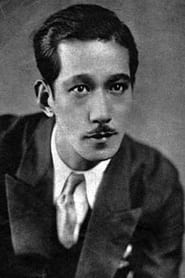
as Kazuemon Fuwa

as Genzaemon Tonomura

as Tanuki
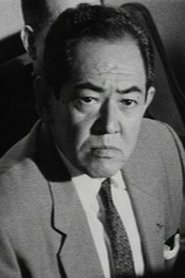
as Gengo Ôtaka

as Kajikawa

as Yuka

as Genshirō Shindō

as servant Ono

as Yasube Horibe

as Hachirō

as Inokō

as servant

as Kajimura

as Kozo Ikariko

as prince Edokko

as boss of the children (as Tokkan Kozô)

as Daisaburō

as Yōzen'in
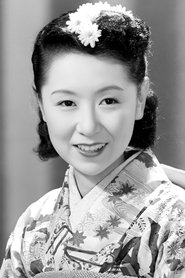
as Yae

as Orui

as Oriku

as Nui, Fuwa's wife

as Orui's mother

as Katsuta's Wife Hikari

as Nobuka Geigi

as Kuni